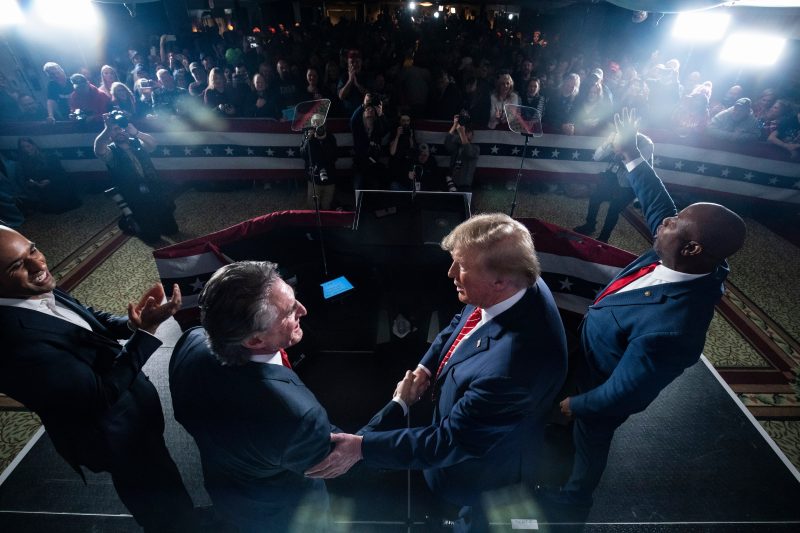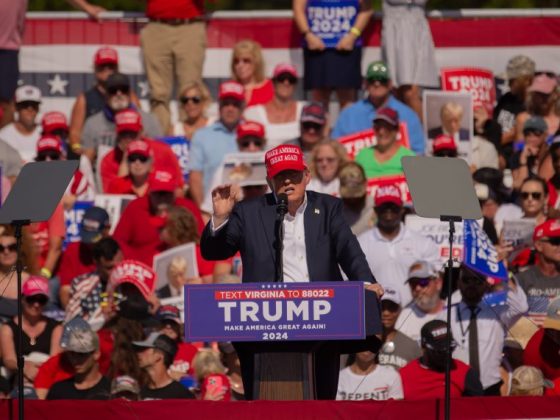To comprehend the concept of the ‘Biden dictatorship’, as held by some sections of the right-wing community, one needs to delve into the socio-political contexts and perspectives. This sentiment is not unprecedented, as political parties in power are often faced with accusations of authoritative tendencies by their opposition. Understanding this subtext allows a better examination of the democracy threats and challenges being projected by the right-wing in the United States under President Joe Biden’s leadership.
The concept of the ‘Biden dictatorship’ is predicated on the idea of perceived overreach in various sectors of governance by President Joe Biden’s administration. The right-wing argues that this supposed overreach infringes on the basic tenets of democracy–liberty, transparency, and checks and balances. Biden’s zeal to undo many of the Trump era policies is often construed as an aggressive stance, particularly in areas such as immigration, climate change, racial justice, healthcare, and gun control.
One of the primary allegations from the right wing is that Biden’s policies infringe on state autonomy. An example of this is the executive orders issued by Biden, which have been deemed as authoritarian by some. These orders are seen as an assault on state independence, reducing their powers in policy decision-making. The circumventing of traditional legislative processes further seems to support the ‘Biden dictatorship’ narrative.
This narrative is further reinforced through perceived threats to the Second Amendment—Right to Bear Arms. The Biden administration’s pronounced stance on gun control is seen as a direct assault on personal independence, thus alluding to totalitarian aspects. The right believes that by restricting gun control laws, the government is infringing on individual rights and freedoms, raising questions about democratic integrity.
Another area where the ‘Biden dictatorship’ narrative is espoused concerns the concept of free speech. Various policies and actions by the Biden administration have been labeled ‘cancel culture’ or ‘political correctness gone too far.’ They view these acts as restricting free speech and silencing opposition, key democratic principles.
Biden’s ambitious climate change agenda, which includes rejoining the Paris Climate Agreement, is seen as an imposition on citizens’ lifestyle choices and the country’s industrial progression. Many argue this aggressive climate change agenda fails to strike a balance between economic interests and environmental sustainability, thus representing a ‘my way or the highway’ approach detrimental to democratic values.
In the realm of immigration, the right wing criticizes Biden for his reversal of the Trump-era policies. The move is seen as jeopardizing national security and economic stability for American citizens, demonstrating a lack of public consensual decision-making—a fundamental democratic trait.
The ‘Biden dictatorship’ primarily stems from a fear of losing traditional values, individual freedoms, and state autonomy. While theirs is not a monolithic view, understanding this narrative is vital to bridging political divides and enhancing democratic functioning in the United States. It underscores the continuing tug of war between different ideologies and the struggle to find common ground in an increasingly polarized political arena.
As important as it is to understand these concerns, it’s equally crucial to remember that the essence of democracy rests on debate, disagreement, and the unfettered right to dissent. Just as the right wing’s concerns should be heard, so should their solutions be subjected to scrutiny, dialogue, and negotiation—an embodiment of democratic values.











